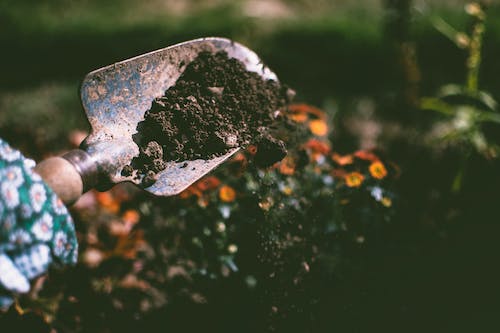Coffee is a staple drink for millions of people around the world, and it’s no secret that it can provide a burst of energy and help you get through the day. But what about using coffee for plants? Is coffee good for plants? The answer might surprise you.
Many gardeners have long been using coffee grounds and grinds as a natural fertilizer for their plants. In fact, coffee grounds are high in nitrogen, which is essential for plant growth and a key component of soil. This makes coffee an excellent supplement for plants, especially vegetables, that need a healthy dose of nitrogen to thrive.
But it's not just the nitrogen that makes coffee a great fertilizer. Coffee grounds are also rich in other nutrients such as phosphorus, potassium, and magnesium, which are all important for a healthy garden. Additionally, coffee grounds help to improve the texture and structure of the soil, making it easier for roots to penetrate and absorb water and nutrients.
So, is coffee good for plants? The answer is a resounding yes! Coffee grounds can be added directly to the soil, or you can mix them with compost to create a nutrient-rich mix for your plants. Some gardeners have even reported that using coffee grounds as fertilizer has helped to increase the growth and productivity of their tomatoes.
It’s worth noting that coffee grinds should not be used undiluted, as the acidity can be harmful to plants. However, when used in moderation and balanced with other organic matter, coffee grounds can be a great addition to your garden.
In conclusion, coffee is not only good for you, but it’s also good for your plants. By incorporating coffee grounds and grinds into your garden, you can provide your plants with a natural source of nitrogen, phosphorus, potassium, and magnesium, which will help them to grow strong and healthy. So the next time you have leftover coffee grounds, think twice before throwing them away. Instead, put them to good use in your garden and see the results for yourself. Is coffee good for plants? Absolutely!
